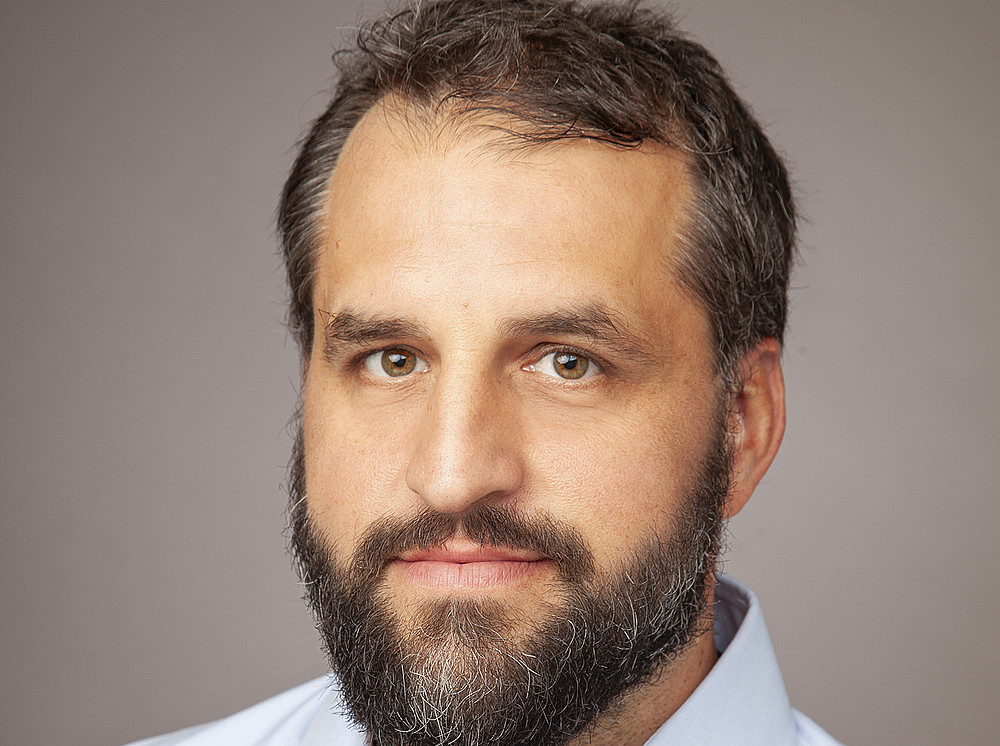
Christian Rominger
The Young Investigator Award of the Society for the Neuroscience of Creativity was awarded to Christian Rominger from the Institute of Psychology at the University of Graz in 2025. This international research award recognizes outstanding creativity researchers whose entry into the field of creativity research does not exceed 10 years.
Christian Rominger is a research assistant in health psychology at the University of Graz. His research interests revolve around the cognitive aspects of creative idea generation. He integrates neurophysiological and behavioral methods with ecologically valid approaches. His focus lies in the development and application of procedures to assess creative idea generation in everyday contexts, including the use of Ecological Momentary Assessment to capture creative performance outside the laboratory. He has investigated the relationship between physical activity and creative cognition in daily life and aims to further explore dose-response relationships between physical activity and creativity in real-world contexts to gain a deeper understanding of this connection.
SIlvia Kober
The Arqus Teaching Excellence Award was awarded to Silvia Kober from the Department of Psychology at the University of Graz. This international teaching award recognizes educators who demonstrate innovative teaching methods, dedication, and outstanding student support. It is conferred by the European University Alliance Arqus. Silvia Kober received the award for her seminar "Applied Neuropsychology in Human-Computer Interaction," which was conducted during the winter semester of 2023/24. The award ceremony took place on April 3, 2025 in Leipzig in a festive setting.
The award-winning course is designed for master's students in the fields of Psychology at the University of Graz and Computational Social Systems (CSS), a joint master's program of the University of Graz and the Technical University of Graz. The course provides theoretical foundations of Human-Computer Interaction technology, particularly Brain-Computer Interfaces (BCI), and offers practical experiences with these neurotechnologies. Students develop their own BCI systems, such as adaptive virtual environments that can be controlled by changes in brain activation patterns. To facilitate the playful exploration and practical application of neuroscience methods, an "Escape-the-Lab" game was developed. Another focus of the course is the critical reflection on the possibilities and limitations of Human-Computer Interaction technology, as well as the associated ethical aspects.

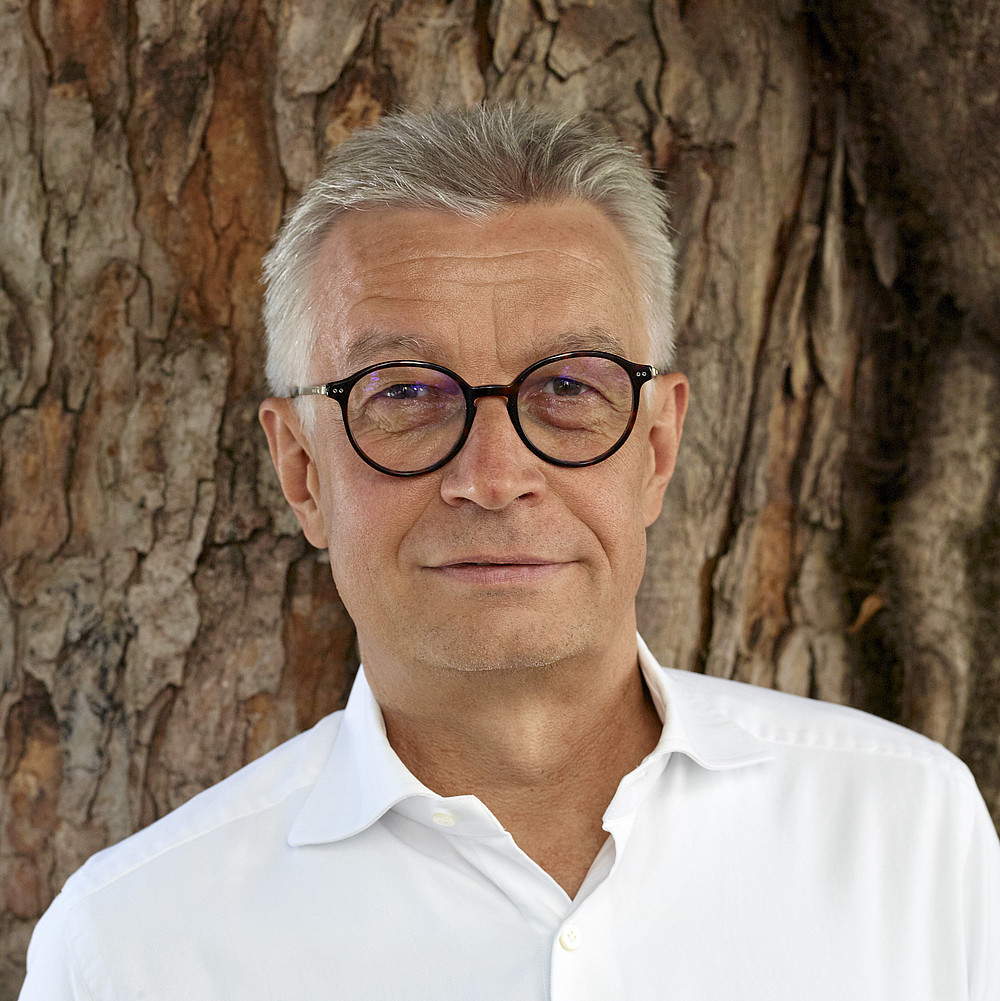
Aljoscha Neubauer
Professor Aljoscha Neubauer, Professor of Differential Psychology at the University of Graz, was awarded the Franz Emanuel Weinert Prize 2024 by the German Psychological Society (DGPs) in September 2024. "Aljoscha Neubauer is honored for his groundbreaking research on intelligence and his outstanding commitment to communicating scientific findings to the public and the education system."
Aljoscha Neubauer researches individual differences in human behavior. One of his research focuses on human skills such as intelligence, creativity, as well as more specific competencies such as leadership styles or competence profiles of trainees. From the point of view of the jury and the DGPs board, his pioneering work in international intelligence research should be emphasized in particular; his innovative studies on the neural basis of intelligence differences have provided groundbreaking insights for psychology.
His influence extends far beyond the academic environment. In its laudatory speech, the jury also emphasized Aljoscha Neubauer's extraordinary efforts in science communication and his commitment to making psychological findings understandable for society through books, interviews and public appearances. In his public appearances, he corrects misconceptions about intelligence and talent and shows the benefits of psychological research, for example for career choices. In addition, Aljoscha Neubauer is committed to improving educational practice, advising actors in education systems and supporting the selection of teachers.
Aljoscha Neubauer was president of various scientific associations. Societies (ISSID, International Society of Intelligence Research-ISIR, Austrian Society of Psychology-ÖGP) and has been a member of the BMBWF's Quality Assurance Advisory Board for Pedagogical Education (QSR) since 2023. He has more than 300 publications (original empirical papers, media contributions, book chapters), multiple book and test publications; lastly, 'Do what you can – why we should follow our talents, and not just our interests'; DVA).
For more information, see https://aljoschaneubauer.wordpress.com/
Sabine Bergner
The prestigious teaching prize of the European University Alliance Arqus went this year to Sabine Bergner from the Department of Psychology at the University of Graz. Sabine Bergner was honored for her seminar "Psychological Principles of Negotiation, Persuasion and Influencing".
Every year, the European University Alliance Arqus presents its Teaching Excellence Award for university courses which are outstanding and particularly innovative in terms of didactics. The award goes to teaching initiatives which promote an interdisciplinary learning culture that enables students from diverse backgrounds to succeed in inclusive, community-based and dynamic learning environments.
Out of more than thirty pre-selected submissions, Sabine Bergner won over the jury with her seminar "Psychological Principles of Negotiation, Persuasion and Influencing", which she held in the winter semester 2022/23. The seminar systematically explores the psychological principles of leadership and influencing in a professional work context in the form of interactive lectures, team-based learning with a gamification approach, case studies and practical application of what has been learned. After completing the course, students should be able to describe, compare and critically evaluate the most important psychological leadership/influence theories and apply them to real world problems. In addition, they should be able to understand the interrelationships between power, leadership and influence, develop simple leadership interventions and analyse their own leadership style. "I am very honored to have received the Arqus Teaching Award," says Sabine Bergner. "It recognises a part of my work that is particularly important but all too often tends to fade into the background in everyday academic life. I am delighted that Arqus attaches great importance to academic teaching."
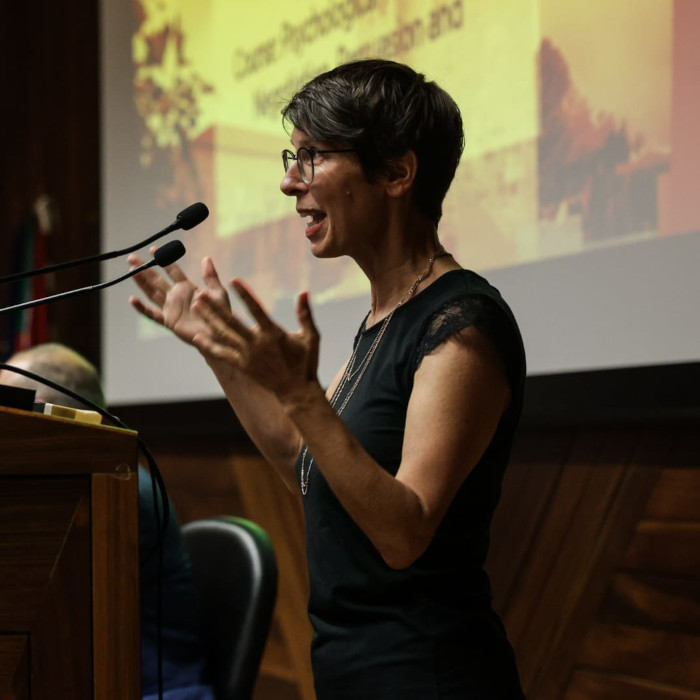

Chiara Banfi
Chiara Banfi was recently awarded the „Visiting Award for High Potentials 2024“ by the University of Graz, a mobility grant for postdoc researchers in the amount of up to € 10.000,00. Dr. Banfi will use the funding for a research exchange in the laboratory of Prof. Nadine Gaab at Harvard Graduate School of Education, Cambridge, Massachusetts (US). The research stay will have two main goals: First, it will enable Dr. Banfi to expand her knowledge and expertise of neuroimaging methods and strengthen her scientific network by preparing a manuscript in co-authorship with Prof. Gaab and her lab members. Second, it will establish a long-term collaboration with Prof. Gaab with the aim to prepare an international research project.
Dr. Banfi works in the Developmental Psychology lab of the University of Graz and is currently the principal investigator of the FWF-funded project “Common mechanisms of orthographic and arithmetic learning”. This is an international collaboration between the University of Graz and two Italian Universities (Sapienza University in Rome and University of Foggia) and was awarded to Dr. Banfi (as applicant) and Prof. Landerl (as co-applicant) within the framework of the Herta-Firnberg-Programme for highly qualified female scientists.
The research stay at Harvard Graduate School of Education will enable Dr. Banfi to expand and refine the research questions that are currently being investigated in the Firnberg project and strengthen important research collaborations.
Corinna Perchtold-Stefan
Corinna Perchtold-Stefan receives the “Visiting Award for High Potentials 2024” for PostDocs shortly after her habilitation in psychology (venia docendi). With this award, Dr. Perchtold-Stefan will return to the University of Amsterdam for another 2-months research visit, where she will deepen her research networks in two different domains: Together with creativity scholar Matthijs Baas, she will more closely investigate the phenomenon of malevolent creativity to understand when, how, and why people use harmful creative ideas to damage others. Together with Suzanne Oosterwijk, Dr. Perchtold-Stefan will investigate the human interest in threatening negative information (morbid curiosity) like watching horror movies or true crime – the narration of real-life criminal cases in the media – to see whether this negative exposition also holds positive potentials.
Dr. Perchtold-Stefan established this promising research network in Amsterdam in a previous 2-month research visit in autumn 2023, funded by a scholarship from the Österreichische Forschungsgemeinschaft (ÖFG) and the Office of International Relations of the Uni Graz. Now, the plan is to further strengthen the European research network on creativity and morbid curiosity.
Besides that, a project proposal entitled "Endorse Creative Harm – Think Creative Harm – Do Creative Harm? Predicting malevolent creativity implementation from idea perception and idea generation" was recently approved by the FWF.
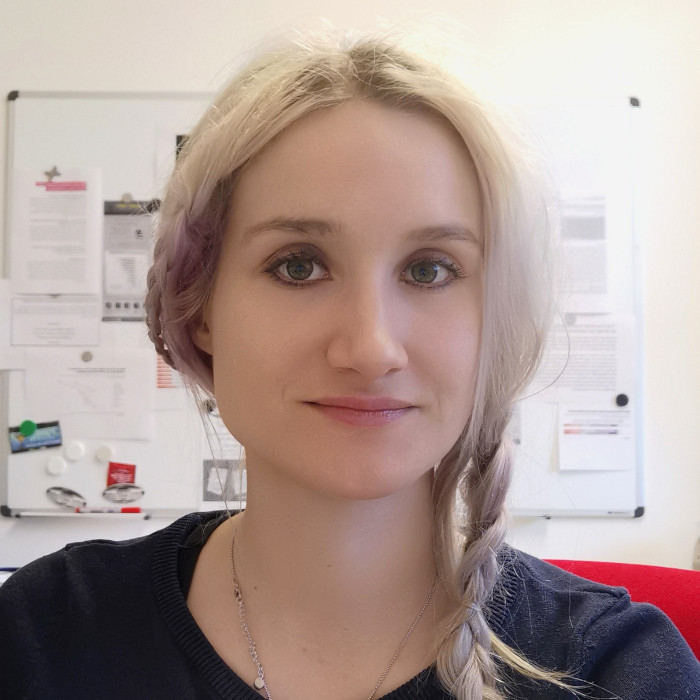
Karin Landerl
Karin Landerl has secured a new FWF-funded project that investigates why the learning disorders dyslexia and dyscalculia so often co-occur. Reading, spelling, and arithmetic are core academic skills, and neurodevelopmental learning disorders affecting reading/spelling (dyslexia) and mathematics (dyscalculia) have severe negative consequences for educational and career prospects as well as for psychosocial well-being. The two learning disorders frequently occur together, yet the cognitive mechanisms underlying this comorbidity are still poorly understood.
The new project examines the complex interplay between domain-specific predictors (phonological and numerical processing) and domain-general predictors (e.g., language competence and executive functions). A particular focus of the study lies on similarities in the acquisition and retrieval of knowledge about word spellings and arithmetic facts, which may be responsible for the overlap between learning disorders.
This project is innovative in that it explicitly integrates the previously largely separate research fields of dyslexia and dyscalculia. Collaboration with Kristina Moll (LMU University Hospital Munich) enables the recruitment of a unique sample of children with typical and atypical development in literacy and numeracy skills, as well as the assessment of their profiles across an unprecedented range of cognitive constructs. The findings of this pioneering project represent a significant advance in understanding the heterogeneity of learning disorders and provide a valuable foundation for the development of tailored interventions.
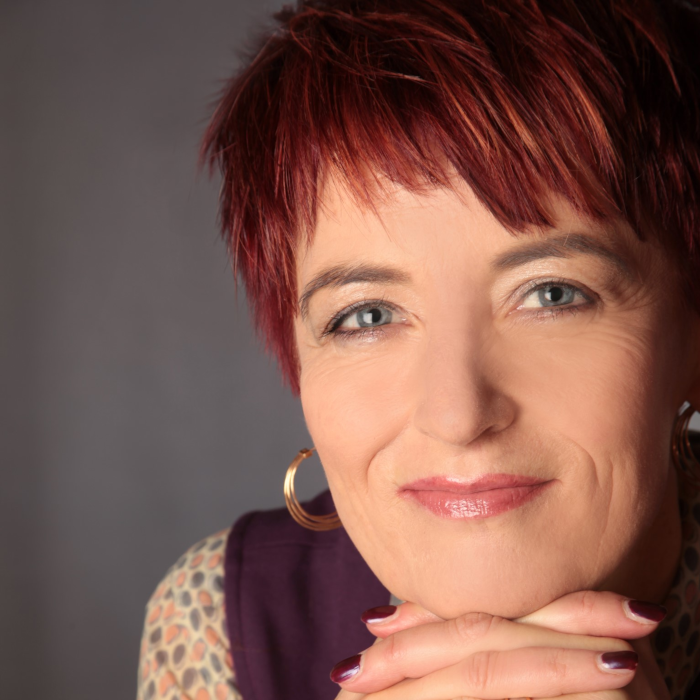
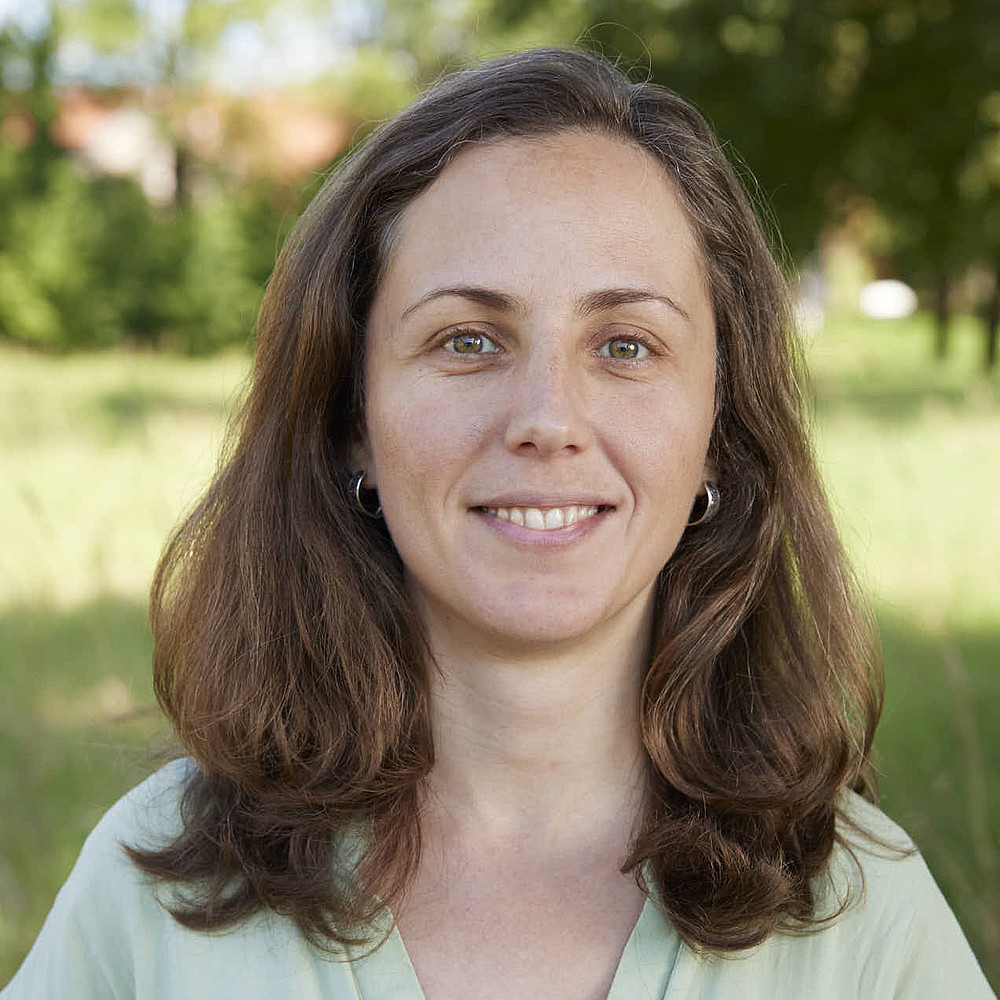
Natalia Zaretskaya
Natalia Zaretskaya is Assistant Professor for Visual Neuroscience. Prior to her appointment, she was a group leader funded through BioTechMed-Graz, university assistant at the University of Graz, postdoctoral fellow at the Centre for Integrative Neuroscience Tübingen and a research fellow the Martinos Center for Biomedical Imaging, MGH/Harvard Medical School, Boston.
The research of Dr. Zaretskaya focuses on how the human brain processes visual information, with topics ranging from basic perceptual functions to visual illusions, hallucinations and consciousness. In her work she utilizes various human neuroscience techniques, including EEG, fMRI and non-invasive brain stimulation. She also takes advantage of the newest developments in MRI technology, such as the ultrahigh field MRI, to advance our understanding of the visual system.
Recently, two project proposals from Dr. Zaretskaya were approved by the FWF, "High-resolution imaging of the human claustrum" and "The dark matter of the human brain".
Andreas Schwerdtfeger
Staying healthy in times of climate change is a central task also for health psychology. Heat waves, in particular, strain psychological and physiological functioning across the entire lifespan. As part of two projects funded by the FFG (multiSENSE and WellFit, together with our project partners at the Graz University of Technology), we are investigating the climatic influences on biopsychosocial indicators of well-being in elderly people (multiSENSE) through mobile vital monitoring, and exploring the potential of low-threshold interventions such as 'nudging' on the thermal perception of adults in everyday life (WellFit). In these projects, we employ innovative ambulatory data collection methods (so-called 'wearables') to explore the interplay between climatic and environmental conditions and well-being, and aim to develop intervention approaches that are both climate-neutral and health-promoting, thereby facilitating adaptation to climate change.
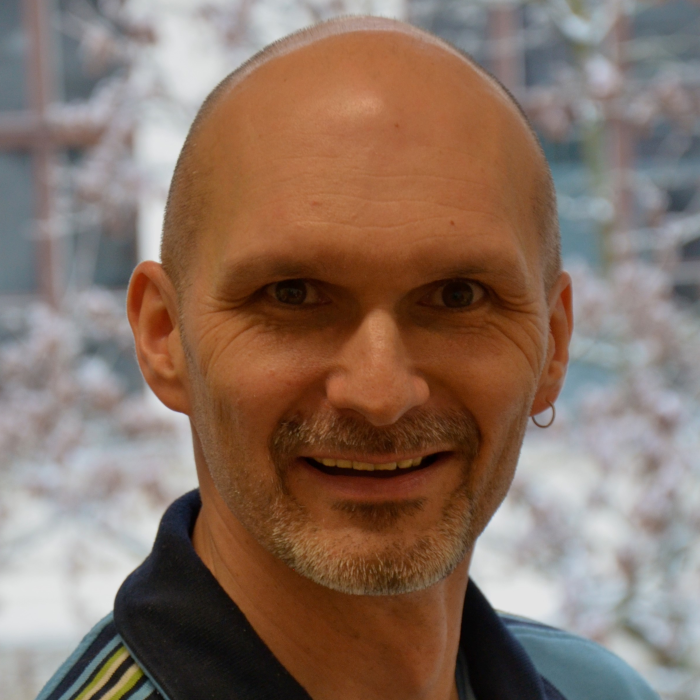
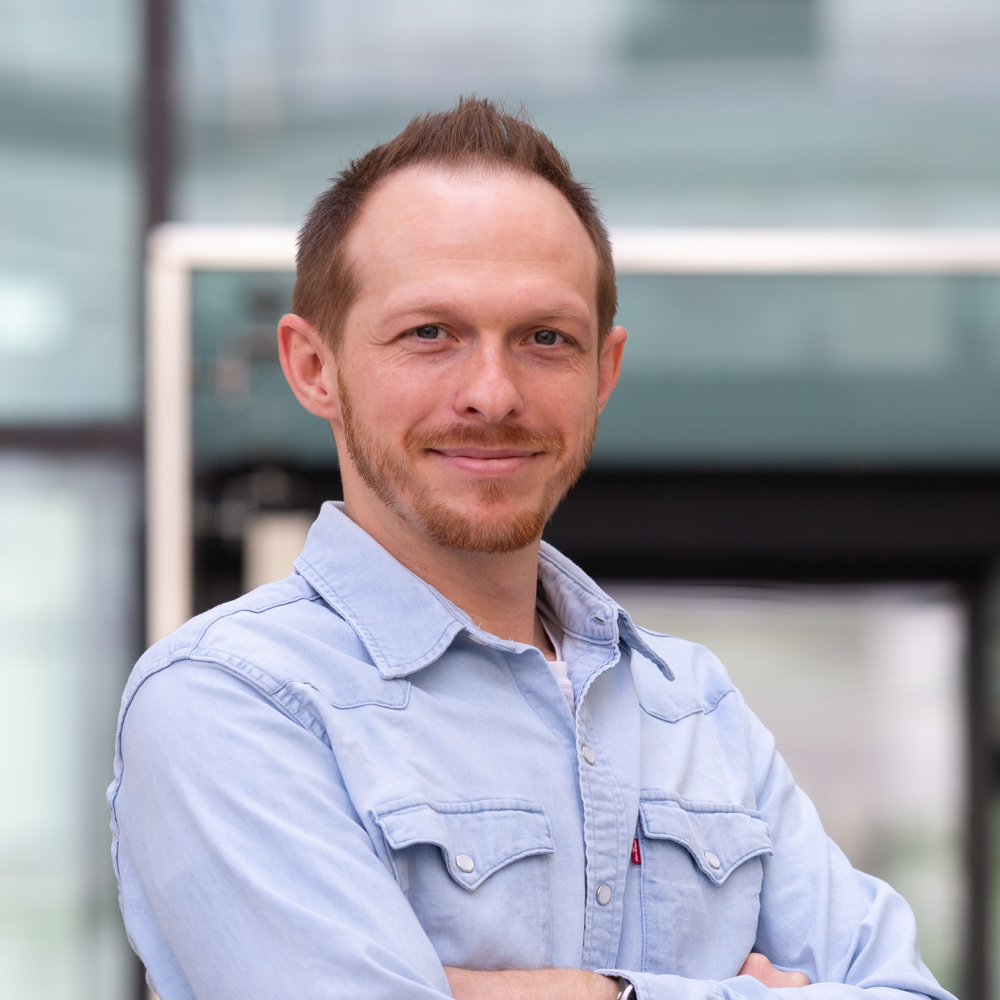
Manuel Ninaus
Manuel Ninaus has been an Assistant Professor for Digital Technologies and Psychology since 2022. Prior to this position, he worked for several years as a postdoc at the Leibniz-Institut für Wissensmedien in Tübingen and at the University of Innsbruck, as well as on a scientific guest stay at Tampere University in Finland.
His research interests encompass educational technologies, artificial intelligence, video games, and multimodal learning analytics with a particular focus on game-based learning environments. He combines behavioral and cognitive measures, such as user log data, performance and reaction times, as well as state-of-the-art (neuro-)physiological methods (e.g., fMRI, fNIRS, eye-tracking, ECG, EDA, automatic facial emotion recognition).
Recently, together with industry partners, he secured the FFG project " EcoLux - Steigerung der Awareness für nachhaltige und gesunde Beleuchtungslösungen mittels Serious Gaming", which investigates the applicability of a serious gaming approach to enhance awareness and behavior change in the population regarding healthy light exposure, light & energy efficiency, and environmentally friendly light usage."